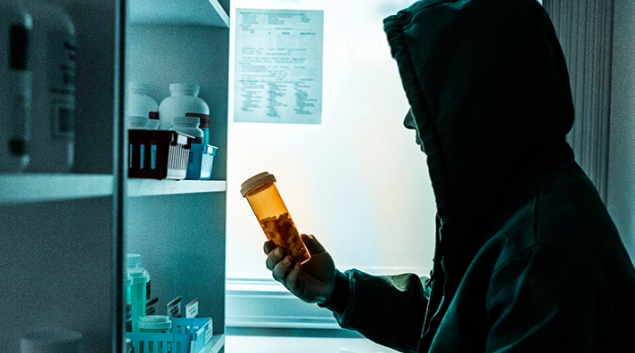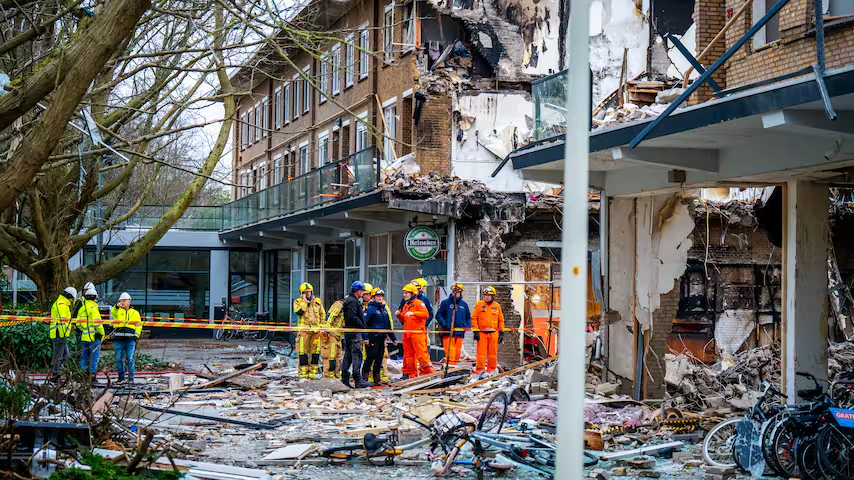Should Europe do without liquefied gas from Qatar after the holidays? Will natural gas prices rise so sharply again? Will these rising prices cause another wave of poverty to fall across Europe? It seems as if prosperity has had its best time for many Westerners. Of course, one day there will be a stabilization of wealth over the entire world population, not hoping that it will be fought in wars.
How did this natural gas "crisis" arise?
The reason why Qatar no longer wants to supply liquefied natural gas (LNG) to Europe is the fact that the European Economic Community (EEC) wants to tighten the standards for purchasing this gas. Ever since Qatar hosted the World Cup in 2022, it has been clear to the EEC that the Arab country is trampling on human rights.
During the construction of the stadiums for this World Cup, Qatar recruited many cheap workers from various surrounding countries. The enormously rich oil state thus defied all human standards, and there were many unnecessary deaths during this construction. Another requirement of the EEC to Qatar is that it wants the oil state to be climate neutral by 2050. According to René Peters, a gas expert from TNO (Netherlands Organization for Applied Scientific Research), this will be a huge challenge for the country of Qatar. He says this is because: "Because in the production of LNG, the gas has to be cooled to minus 160 degrees Celsius. According to the expert, this releases a lot of energy and a lot of CO2. And according to the expert, Qatar would also have a huge installation for other fuels that also emits many of the substances at the same time.
So, it would be a huge challenge for Qatar all in all. Considering that all this will have to take place according to the new EEC legislation, this seems to be a 'mission impossible.'" This European legislation forces large international companies and their suppliers to protect human rights and the environment and people, under penalty of a fine of five percent of their worldwide turnover. Qatar believes that the EEC cannot take these drastic measures just like that. Qatar says: "If I lose five percent by selling to the EEC, we don't sell gas to the EEC, and we don't bluff!" It should be borne in mind that since the Russian invasion of Ukraine, Europe has been importing more and more liquefied gas from Qatar.
This concerns more than five percent of the total European use of liquefied gas. The EEC responds to the threat from Qatar as follows: "We can do without the gas from Qatar, but that will have consequences for our population, gas prices will most likely rise drastically. It will therefore mean that citizens will have to consider a higher gas price. Will this mean that poverty will increase again among the European population, even though the EEC will also be able to get the gas from other countries?"












